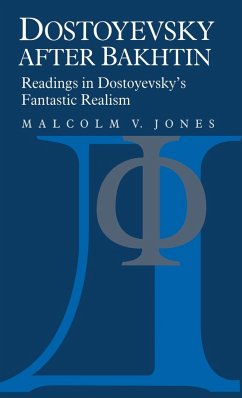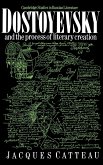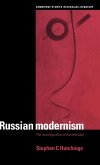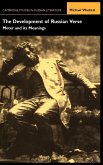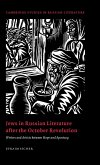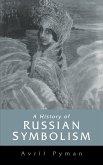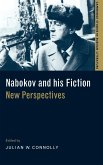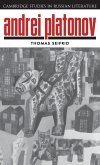Malcolm Jones, the author of an earlier, widely read book on Dostoyevsky, here approaches his subject afresh in the light of recent developments in Dostoyevsky studies and in critical theory. He takes as his starting point the vexed question of Dostoyevsky's 'fantastic realism', which he attempts to redefine. Accepting Bakhtin's reading of Dostoyevsky in its essentials, he seeks out its weaknesses and develops it in new directions. Taking well-known texts by Dostoyevsky in turn, Professor Jones illustrates aspects of their multivoicedness. In Part 1, he concentrates on the internal, emotional and intellectual, reversals of 'the underground'. In Part 2, he focuses on the disruptive and subversive aspects of the relationships between characters and between text and reader. In Part 3 he examines textual multivoicedness in its diachronic aspect, showing some of the ways in which Dostoyevsky's texts echo and exploit the voices of precursors.
Table of contents:
Foreword; 1. Introduction: Dostoyevsky's fantastic realism; Part I. The Underground: 2. The double: Dostoyevsky's idea for the Double; 3. Notes from Underground: the discovery of 'the underground'; Part II. Driving People Crazy: 4. Crime and Punishment: driving other people crazy; 5. The Devil: driving society crazy; 6. The Idiot: driving the reader crazy; Part III. Chinese Whispers: 7. The Marion motif: the whisper of the precursor; 8. The Brothers Karamazov: the whisper of God; 9. Conclusion: Dostoyevsky's fantastic realism; Notes; Bibliography; Index.
Recent developments in critical theory form the basis for this new study of Dostoyevsky. Malcolm Jones first redefines Dostoyevsky's much-debated 'fantastic realism'; accepting Bakhtin's reading of Dostoyevsky in its essentials, he seeks out its weaknesses and develops it in new directions.
Recent developments in critical theory form the basis for this new study of Dostoyevsky.
Hinweis: Dieser Artikel kann nur an eine deutsche Lieferadresse ausgeliefert werden.
Table of contents:
Foreword; 1. Introduction: Dostoyevsky's fantastic realism; Part I. The Underground: 2. The double: Dostoyevsky's idea for the Double; 3. Notes from Underground: the discovery of 'the underground'; Part II. Driving People Crazy: 4. Crime and Punishment: driving other people crazy; 5. The Devil: driving society crazy; 6. The Idiot: driving the reader crazy; Part III. Chinese Whispers: 7. The Marion motif: the whisper of the precursor; 8. The Brothers Karamazov: the whisper of God; 9. Conclusion: Dostoyevsky's fantastic realism; Notes; Bibliography; Index.
Recent developments in critical theory form the basis for this new study of Dostoyevsky. Malcolm Jones first redefines Dostoyevsky's much-debated 'fantastic realism'; accepting Bakhtin's reading of Dostoyevsky in its essentials, he seeks out its weaknesses and develops it in new directions.
Recent developments in critical theory form the basis for this new study of Dostoyevsky.
Hinweis: Dieser Artikel kann nur an eine deutsche Lieferadresse ausgeliefert werden.
